Sapiens: A Brief History of Humankind
By Yuval Noah Harari
Category
HistoryRecommended by
"Sapiens" by Yuval Noah Harari is an insightful exploration of the history of humankind.
In this thought-provoking book, Harari takes readers on a journey through time, examining the key moments and developments that have shaped the trajectory of our species. From the emergence of Homo sapiens in Africa to our dominance as the most intelligent and powerful beings on the planet, he seamlessly weaves together biology, anthropology, and history to provide a comprehensive understanding of our shared past.
Harari delves into topics ranging from the agricultural revolution, which transformed nomadic societies into settled communities, to the scientific and industrial revolutions that have driven unprecedented progress. He analyzes the impact of religion, capitalism, and imperialism on our social structures and ideologies, showing how these constructs have shaped our beliefs, values, and interactions.
Throughout the book, Harari challenges conventional wisdom, encouraging readers to question long-held assumptions about human nature and progress. He argues that our ability to create imagined realities, such as religions and economic systems, has been instrumental in our success as a species, but also warns of the potential dangers and ethical implications that come with these constructs.
"Sapiens" offers not only a deep understanding of our past but also provokes contemplation on our future. Harari challenges readers to consider the long-term effects of our actions on the environment, our fellow creatures, and future generations. He urges us to critically evaluate the myths and stories that shape our worldviews and to actively engage in shaping a better future for all sentient beings.
In clear and accessible prose, Yuval Noah Harari presents a captivating narrative that sheds light on the collective journey of humankind. "Sapiens" is a must-read for anyone seeking to gain a broader perspective on our history and the forces that have shaped our modern world.
In this thought-provoking book, Harari takes readers on a journey through time, examining the key moments and developments that have shaped the trajectory of our species. From the emergence of Homo sapiens in Africa to our dominance as the most intelligent and powerful beings on the planet, he seamlessly weaves together biology, anthropology, and history to provide a comprehensive understanding of our shared past.
Harari delves into topics ranging from the agricultural revolution, which transformed nomadic societies into settled communities, to the scientific and industrial revolutions that have driven unprecedented progress. He analyzes the impact of religion, capitalism, and imperialism on our social structures and ideologies, showing how these constructs have shaped our beliefs, values, and interactions.
Throughout the book, Harari challenges conventional wisdom, encouraging readers to question long-held assumptions about human nature and progress. He argues that our ability to create imagined realities, such as religions and economic systems, has been instrumental in our success as a species, but also warns of the potential dangers and ethical implications that come with these constructs.
"Sapiens" offers not only a deep understanding of our past but also provokes contemplation on our future. Harari challenges readers to consider the long-term effects of our actions on the environment, our fellow creatures, and future generations. He urges us to critically evaluate the myths and stories that shape our worldviews and to actively engage in shaping a better future for all sentient beings.
In clear and accessible prose, Yuval Noah Harari presents a captivating narrative that sheds light on the collective journey of humankind. "Sapiens" is a must-read for anyone seeking to gain a broader perspective on our history and the forces that have shaped our modern world.
Share This Book 📚
More Books in History
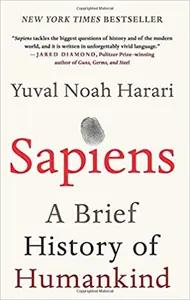
Sapiens
Yuval Noah Harari
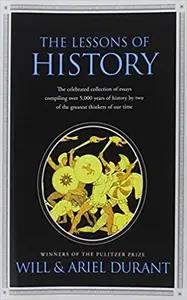
The Lessons of History
Will & Ariel Durant

Destined For War
Graham Allison

Guns, Germs, and Steel
Jared Diamond
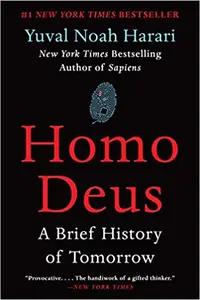
Homo Deus
Yuval Noah Harari

The Autobiography of Benjamin Franklin
Benjamin Franklin
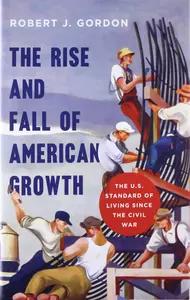
The Rise And Fall Of American Growth
Robert J. Gordon

Titan
Ron Chernow

The Fabric of Civilization
Virginia Postrel
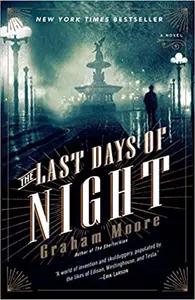
The Last Days of Night
Graham Moore

The Last Lion
Paul Reid

Dead Wake
Erik Larson
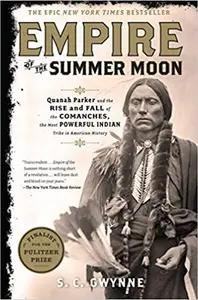
Empire of the Summer Moon
S.C. Gwynne

Faraday, Maxwell, and the Electromagnetic Field
Nancy Forbes

From Bacteria to Bach and Back
Daniel Dennett

Guns, Sails, and Empires
Carlo M. Cipolla
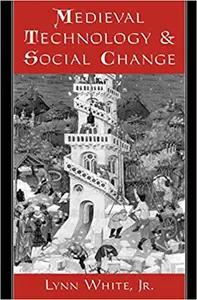
Medieval Technology and Social Change
Lynn White

The Ancient City
Peter Connolly

The Forgotten Man
Amity Shales

The Fourth Turning
William Strauss

The Great Crash of 1929
John Kenneth Galbraith

The Law
Frederic Bastiat

The Old Way
Elizabeth Marshall Thomas

The Origin of Species
Charles Darwin

The Red Queen
Matt Ridley

The Story of Civilization
Will & Ariel Durant

Tuxedo Park
Jennet Conant

Where Good Ideas Come From
Steven Johnson

A History of Knowledge
Charles Van Doren

A History of Rome
Moses Hadas
Popular Books Recommended by Great Minds 📚
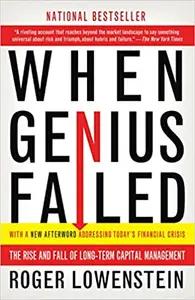
When Genius Failed
Roger Lowenstein

The Ride of a Lifetime
Bob Iger
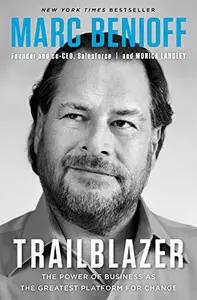
Trailblazer
Marc Benioff
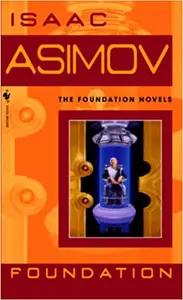
Foundation
Isaac Asimov
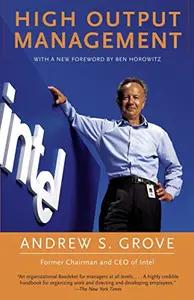
High Output Management
Andrew Grove
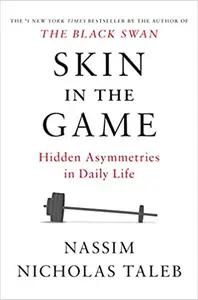
Skin In The Game
Nassim Taleb

The Hard Thing About Hard Things
Ben Horowitz

Bad Blood
John Carreyrou

The Holy Bible
Various
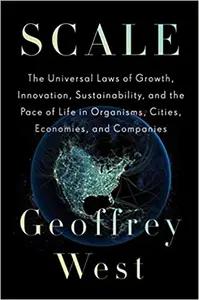
Scale
Geoffrey West
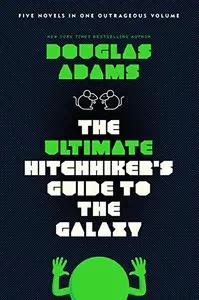
The Hitchhikers Guide to the Galaxy
Douglas Adams

Becoming Steve Jobs
Brent Schlender

Shoe Dog
Phil Knight
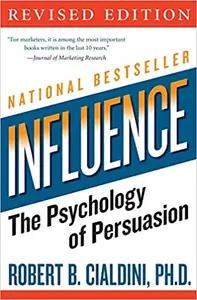
Influence
Robert Cialdini

Guns, Germs, and Steel
Jared Diamond
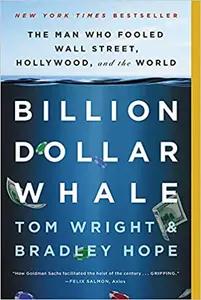
Billion Dollar Whale
Tom Wright

The True Believer
Eric Hoffer

The Lessons of History
Will & Ariel Durant
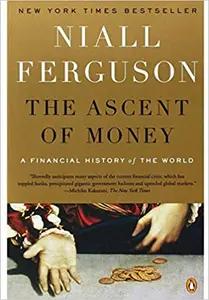
The Ascent of Money
Niall Ferguson
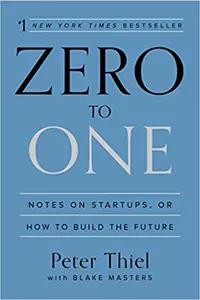
Zero to One
Peter Thiel

The Checklist Manifesto
Atul Gawande
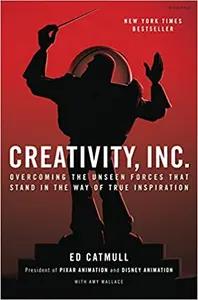
Creativity, Inc.
Ed Catmull

Destined For War
Graham Allison
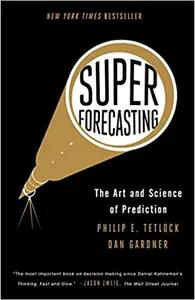
Superforecasting
Philip Tetlock

Sapiens
Yuval Noah Harari

Behind the Cloud
Marc Benioff

American Kingpin
Nick Bilton
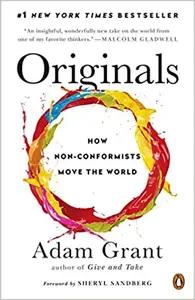
Originals
Adam Grant
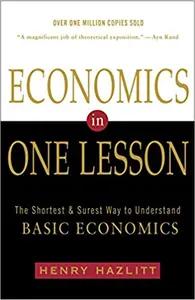
Economics in One Lesson
Henry Hazlitt

Give and Take
Adam Grant